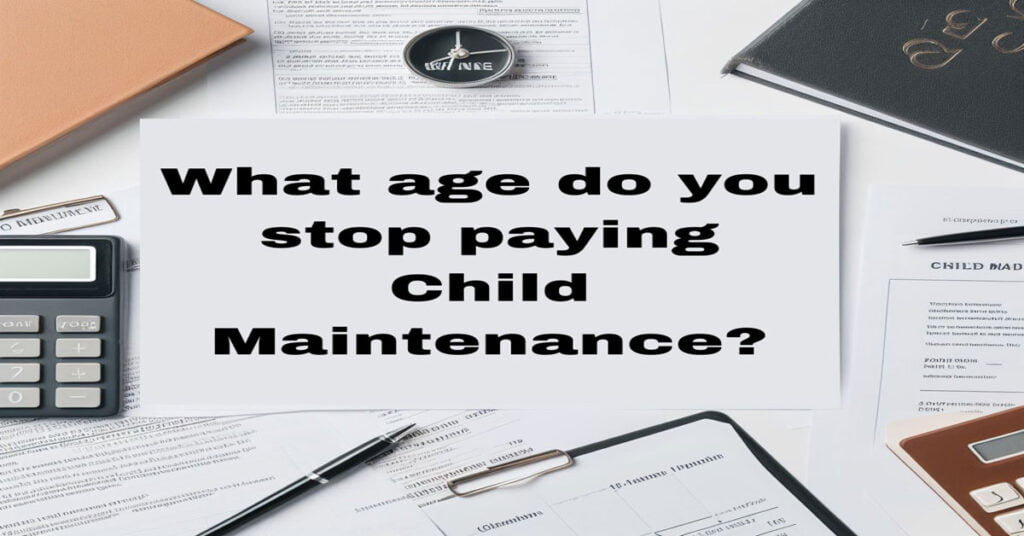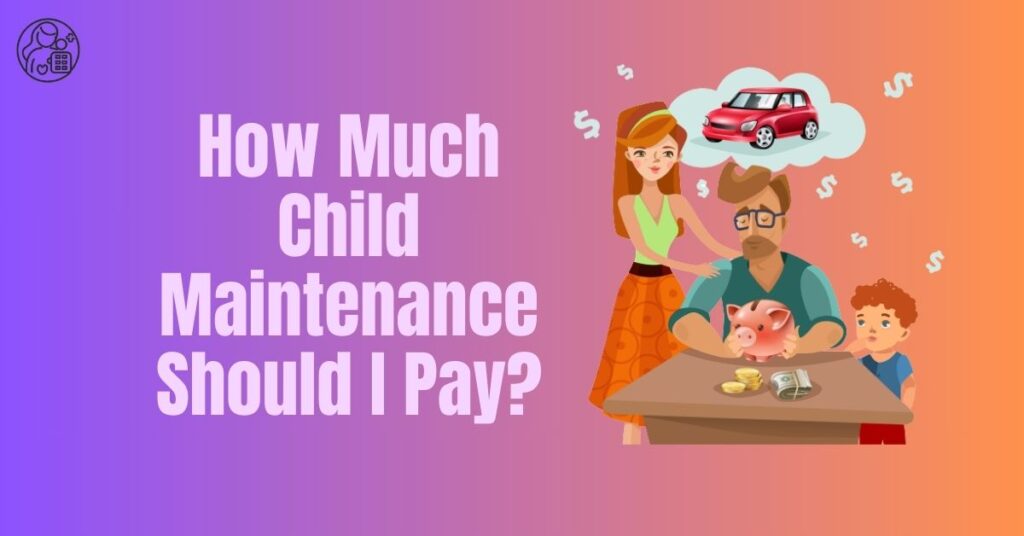In the following article, we will discuss various parameters related to child maintenance payments like what age do you stop paying child maintenance, how is child maintenance calculated and many more.
There are many expenses of a parent living in the UK. Day to day, the cost of living in the UK is rising and its result is that now more parents are struggling to keep themselves up with the various costs related with raising a child and the child maintenance payments.
What is Child Maintenance?
Basically Child maintenance is a design which helps to cover the everyday basic living costs related with raising a child when parents are separated from each other.
Typically, the parents who are non-resident pay child maintenance to the parent who fulfills the basic day-to-day care duties of the child.
These payments are governed by the Child Maintenance Service (CMS) that is a government statutory instrument which works out, assembles, and pays child maintenance payments, child support payments, on behalf of the separated parents in the UK.
Actually the Child Maintenance Service that is CMS doesn’t get involved on their own when parents separate, but they act as an option for the separated parents that can’t come to the position of a mutually-beneficial agreement on how to cover and contribute to the cost of raising the child.
The major role of the child maintenance body is not to punish the parents without full-time care of the child but to make sure that both parents are putting up towards the expenses of raising the child, which is a basic responsibility of being a parent. For more information you can read our previous article child maintenance advice for fathers.
Factors that Covers Child Maintenance
We can say that Child maintenance is designed to cover all the day to day living costs related with raising a child, like food, housing, and clothing.
Currently there is no law in existence which states that the receiving parent must give proof that the child maintenance payments are being used up only on the living costs of the child.
However, if you have doubt regarding your child maintenance payments are being used up on other things specially non-related expenses, then you should contact a child maintenance solicitor.
Method of Calculating Child Maintenance Payments

If you really want to know about child maintenance payments and when do i stop paying child maintenance then also you have to know about how child maintenance payments are calculated as it can help you know how to reach an alternative agreement.
Basically the CMS follows some steps to work out how much you should give with respect to the financial support of your child each and every month of the year.
Here are some steps mentioned below which describe how to calculate child maintenance payments.
Step 1: Working out your income
In the very first step the CMS will contact HM Revenue and Customs (HMRC) to find out your yearly gross income or, in the other words, how much you earn each year before tax and other deductions are made. They will also check if you’re receiving any benefits as an extra source of income.
Step 2: Look at the things that can affect your income
Second step to calculate, the CMS will check for things that could most probably change your yearly gross income amount, like pension payments or other child maintenance payments. They will then make a conversion in your yearly gross income into a weekly figure.
Step 3: Applying a child maintenance rate
Next, when the CMS has a weekly figure of your income then they will use that information to apply the appropriate child maintenance rate:
- If your gross weekly income is unrevealed, then the default rate will be applied like 38 pounds sterling a week for one child, £51 for two children, and £64 for three or more than three children.
- Your gross weekly income is below £7, the nil rate will be applied that is £0 a week. But If your gross weekly income is between £7 and £100 or the paying parent gets benefits, the flat rate will be applied that is £7 a week.
- If your gross weekly income is between £100.01 and £199.99, the reduced rate will be applied. If your gross weekly income is between £200 to £3,000, the basic rate will be applied which we can calculate by using the formula.
- However, if the paying parent’s gross weekly income is £3,000 or more than £3,000 then the receiving parent can apply to the court, if they want additional child maintenance.
The UK government has their own child maintenance calculator which helps you to govern how much child maintenance you should pay based on your income.
Step 4: Considering other children
Also the CMS will keep an eye if you are the paying parent of any other children and have to pay child maintenance for or to give financial support. This will include everything from food costs to travel expenses.
Step 5: Coming to a decision
Once the CMS has collected all the necessary information about paying parents from the previous steps, they will decide the weekly child maintenance amount.
Step 6: Considering shared care
Last step is that when a final decision has been made, the CMS will make deductions based on the average number of nights of shared care each week. This happens when the child stays overnight with their paying parent.
Frequently Asked Questions
You have to work on your income and look at the things that can affect your income. Make sure if you have the right information about your gross income. Also negotiate with other parents and take advices from the professionals.
If a child stays overnight with the paying parent for minimum fifty two in a year, then the child maintenance will be reduced.
Gross monthly income is below £7 then the rate of paying is Nil. If the Income is between £7 to £100 then the rate is £7 a week. If income is between £100 and above then use CSA Calculator.
You can stop paying child maintenance if the child reached the age of 16 and if they are in training of educational or vocational then the you should stop paying at the age of 20.
Conclusion
In conclusion, we have discussed in detail about how to reduce child maintenance payments. All the necessary information regarding child maintenance payments are mentioned in the above paragraphs.
Child maintenance payments (CMS) are based on your gross weekly income, any changes regarding your financial situation can affect the amount of child maintenance you’ll be expected to pay.







